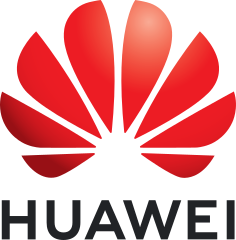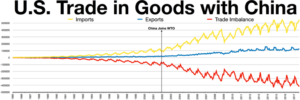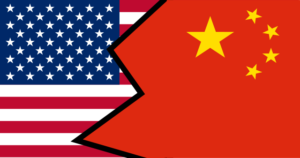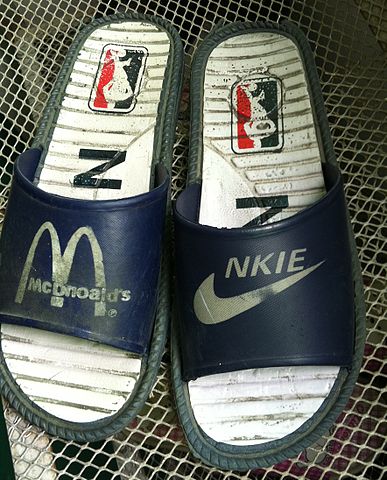
In an unusual and controversial move, the Canadian government detained Meng Wanzhou, chief financial officer to electronics giant Huawei. The arrest took place as Meng was changing planes on December 1st, in Vancouver, at the request of the United States.
Washington is requesting the extradition of Meng so she can face charges of Huawei using a shell company to sell electronic equipment to Iran, against the terms set forth by the US sanctions against Iran. The US also alleges that Huawei, under Meng’s leadership, misled American banks about the business it conducts with Iran.
The Chinese government called the US ambassador to Beijing to register its anger over the detention, insisting that Canada release Weng and the US cancel the order for her arrest.
The official Chinese news agency Xinhua News Agency said that Vice Foreign Minister Le Yucheng “lodged solemn representations and strong protests” with Ambassador Terry Branstad. The Chinese government also summoned the Canadian Ambassador John McCallum, telling him that there would be “grave consequences” if Meng is not released.
One of Canada’s provinces, British Columbia, said it was cancelling a trade mission
scheduled to visit China due to the detention of Meng. There is a fear that the Chinese will retaliate against Canada and arrest Canadians in kind.



